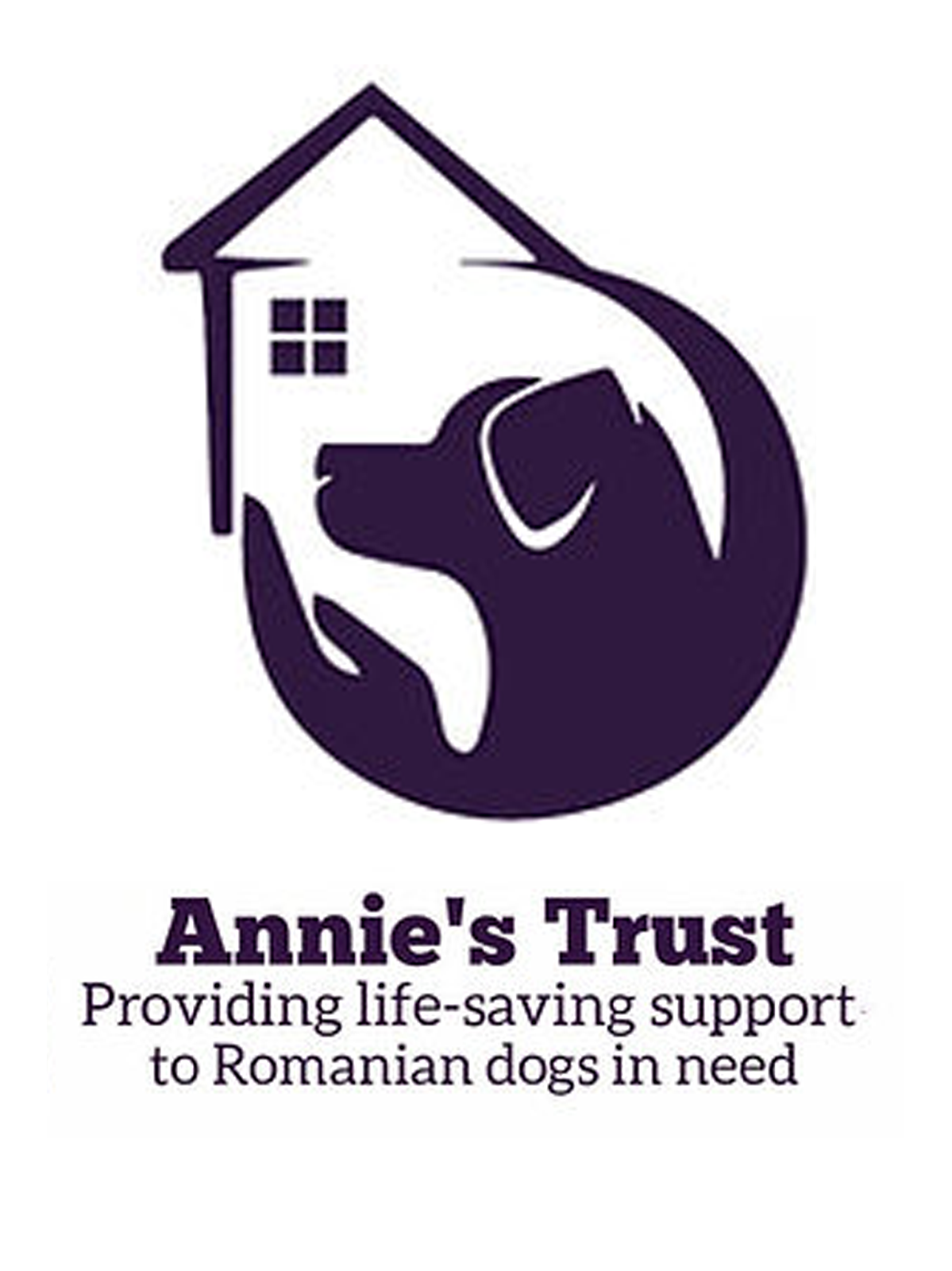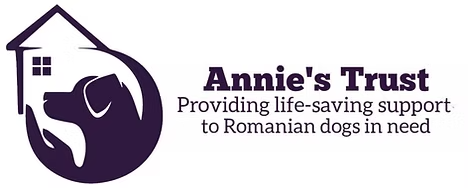Critical dog population control in the Adjud shelter and surrounding community through sterilization. Before our work at Adjud, no spay/neuter occurred – dogs bred freely causing severe overpopulation, painful tumours, high puppy deaths, disease spread, aggression, and continuous influx to overcrowded facilities requiring urgent intervention.
Adjud’s public shelter in rural Romania houses 500+ dogs in overcrowded, inhumane conditions. When Annie’s Trust arrived, zero sterilizations had ever been performed—dogs bred uncontrolled, creating a crisis of overpopulation, painful reproductive cancers, devastating puppy mortality, and rampant disease transmission.
Our targeted intervention addresses the source, not symptoms. This £11,000 grant funds 367 critical sterilizations within our ambitious 1,000 annual program, each costing just £30 for complete veterinary care.
Strategic Implementation:
– Priority sterilization of breeding females for maximum population impact
– Free procedures for economically disadvantaged families
– Systematic trap-neuter-release campaigns for stray populations
– Male neutering programs reducing aggression and territorial behavior
– Community education shifting attitudes toward responsible ownership
– Post-operative monitoring ensuring recovery success
Measurable Outcomes: Every sterilization prevents 4-6 unwanted litters annually, stopping thousands of births while eliminating mammary tumors, ovarian cancers, and sexually transmitted diseases plaguing Romanian dog populations.
Sustainable Model: Beyond immediate intervention, we’re building community capacity through volunteer network and outreach creating behavioral change that outlasts funding cycles.
Our approach respects dogs as animals requiring species-appropriate care, not humanized pets. We target root causes through systematic population control, creating lasting welfare improvements for both shelter dogs and broader community populations.
367 sterilizations prevent 15,000+ births over 5 years, eliminating reproductive cancers and reducing shelter overcrowding. Free services for low-income families to reduce abandonment rates and cycle of suffering. Disease transmission drops significantly. Male neutering decreases aggression. Educational programs create lasting community attitude shifts toward responsible ownership and population control.

